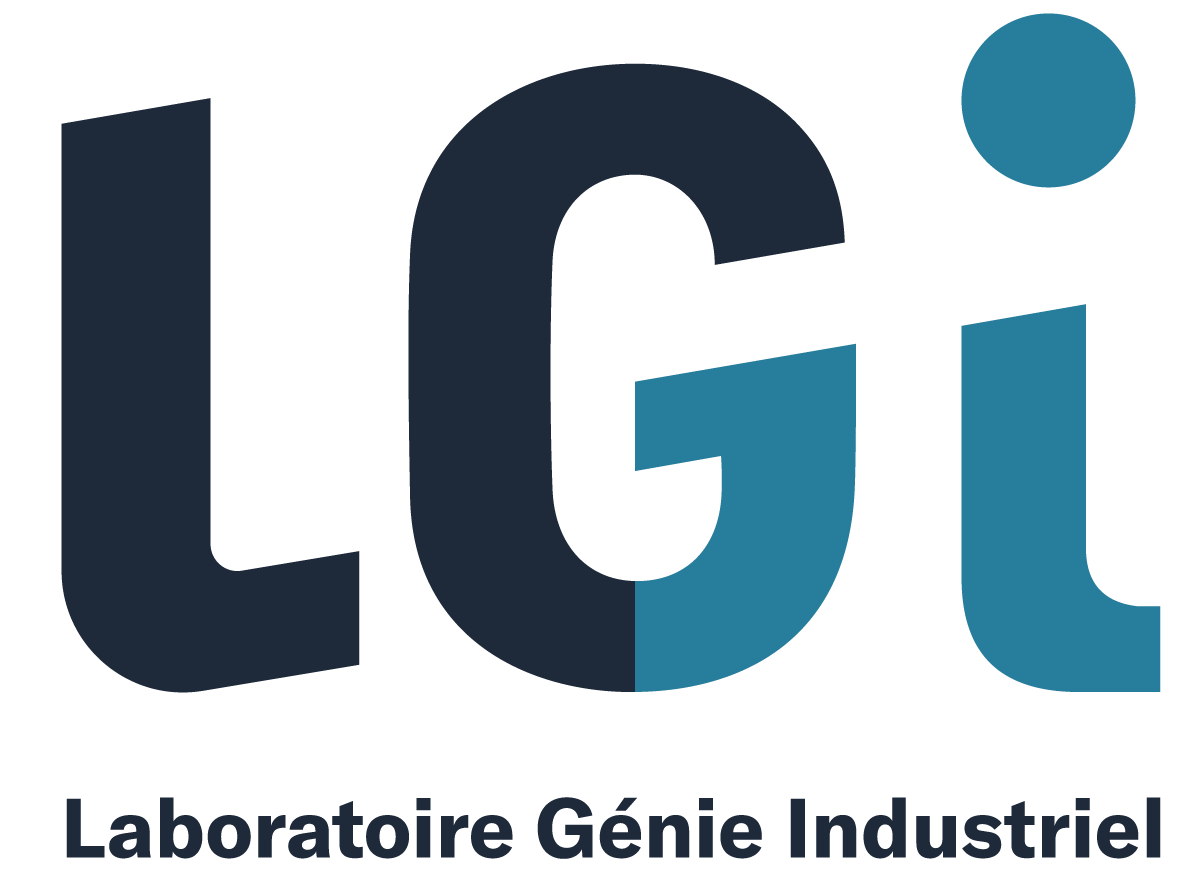Diagnosing the socio-technical refrigeration system with Radical Innovation Design methodology to target innovations
Résumé
This research aims to address the increasing regulatory and environmental challenges associated with refrigeration systems by fostering innovations. Refrigeration systems, as socio-technical entities, present a challenge due to their complexity, diverse stakeholders, and evolving regulatory constraints. Identifying opportunities for innovation in such intricate systems is further complicated by various performance-contributing factors. The Radical Innovation Design (RID) methodology, designed for aligning design solutions with activities, proves effective in pinpointing and prioritizing innovation targets across the lifecycle of a complex system. In this study, data from interviews and practices in the retail refrigeration sector inform the RID methodology. Two sets of results are presented. Firstly, a knowledge book of the socio-technical system is categorized into four RID dimensions: usage situations, user profiles, current problems, and existing solutions. The second set includes outcomes from two RID decision-support tools: the RID Comparator evaluates the effectiveness of existing solutions, while the RID Compass identifies three improvement areas - poor adaptation of new technical clusters, disrupted stakeholder interaction processes, and a lack of common tools. These results underwent validation through expert iterations, leading to a recommended hybrid solution involving the development of an integrated model-based platform.
| Origine | Fichiers produits par l'(les) auteur(s) |
|---|

